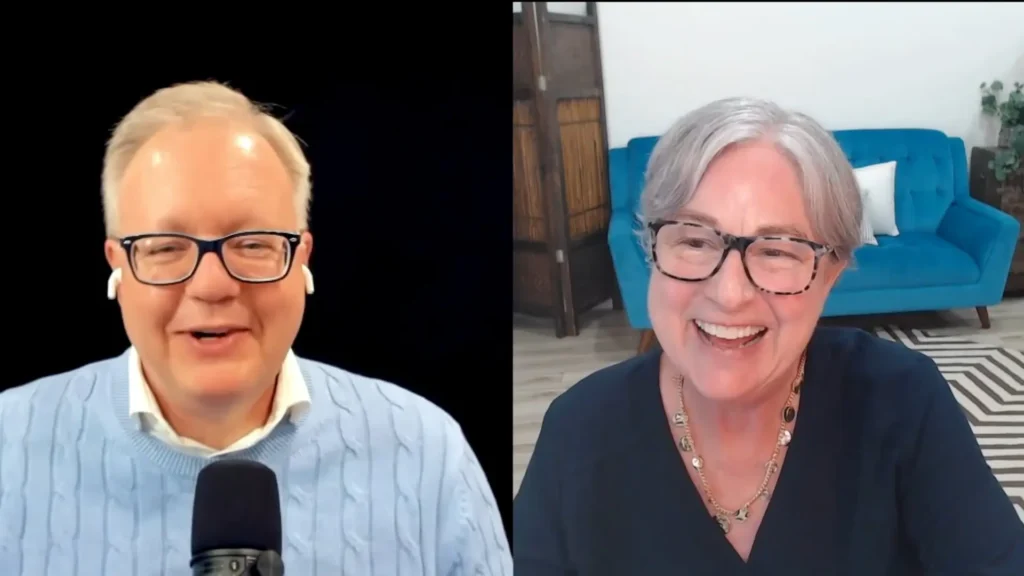Why franchisee-franchisor fit matters
Even with a great franchise that delivers strong performance, proven systems, excellent support, and solid unit economics, success is never guaranteed. Two owners can run the same model and have completely different experiences.
Aspiring owners who want to optimize their chance of success should consider all success factors as part of their due diligence. This is where the science of franchisor-franchisee plays a role.
The science behind fit
Dr. Rebecca Monet, CEO and Chief Scientist at Zorakle Profiles, has spent more than three decades studying why some owners thrive in specific franchise systems while others struggle. Her work brings behavioral science, organizational psychology, and performance research together to better predict alignment.
Zorakle Profiles uses seven scientific constructs drawn from established research disciplines. Each one measures a different dimension of how an owner performs inside a franchise system.
- Values
Based on Stanford Research Institute's work on values, motives, and the drivers behind decision making. - Stage of growth
Built on Dr. Neil Churchill's stages of growth research, which defines how businesses evolve and where different types of owners thrive. - Culture
Grounded in organizational culture research from the University of Michigan, identifying alignment between franchisee expectations and franchisor environment. - Personality and work style
Informed by behavioral psychology to understand pace, structure preferences, decision style, and communication tendencies. - Core competencies
Adapted from Gallup strengths research to identify natural abilities in leadership, sales, marketing, operations, finance, and customer service. - Pressure management
Drawn from sports psychology and Dr. Robert Nideffer's work on attentional focus, resilience, and performance under pressure. - Emotional and social intelligence
Based on emotional intelligence research that predicts how well owners manage themselves and their relationships with teams, customers, and the franchisor.
Together, these sciences create a multidimensional profile that goes far beyond a personality test and directly supports stronger franchisee-franchisor fit.
Values guide long term decisions
Values change as life changes. They influence how you spend time and energy, even when you cannot fully explain why.
A structured assessment makes those instincts visible. With a clearer view of their values, aspiring franchise owners can decide whether to avoid businesses that clash with what matters most to them and move toward franchises that are more likely to stay meaningful over time.
Stage of growth shapes the experience
Some people thrive in an early stage brand with speed and invention. Others want a proven operation with structure and predictable support.
Knowing your comfort zone helps you:
- avoid brands that will frustrate you
- identify systems you will grow with
- plan your long term ownership path
The right stage keeps you engaged rather than overwhelmed or bored.
Culture determines daily satisfaction
Culture is not soft. It combines leadership style, best practices, communication norms, and how decisions get made.
When culture fits:
- the playbook feels natural
- training lands better
- momentum builds faster
When it does not, even strong operators feel out of sync and spend more energy fighting friction than growing the business.
Work style points to the right role
Work style reflects your pace, structure needs, and appetite for variety.
If you thrive on routine, a highly customizable business can feel chaotic. If you need variety, a strictly repetitive model can feel limiting. This clarity helps owners select businesses that match how they naturally operate.
Competencies highlight where you excel
The assessment evaluates eight core competencies such as sales, marketing, finance, leadership, and operations. Two practical questions matter: what do you do well, and what drains your energy. When your strengths match what the franchisor needs from its owners, you are positioned to perform at a higher level and enjoy the work more.
Needs and wants narrow the field
Each candidate has unique priorities. Some want purpose. Others want income stability, a specific employee profile, or meaningful influence.
Defining these needs early reduces the noise. It narrows the list to brands that support both the business and the life you want to build.
Fit improves decisions, but it is not everything
Even the best compatibility cannot overcome a weak business model, poor unit economics, or the wrong market. Fit helps owners play to their strengths and avoid preventable mistakes, but it must be paired with thorough due diligence, financial analysis, territory viability, and a franchise system with real depth.
Fit is a valuable advantage, not a guarantee. When combined with a strong brand and a good market, it supports a more confident and sustainable path into franchise ownership.

